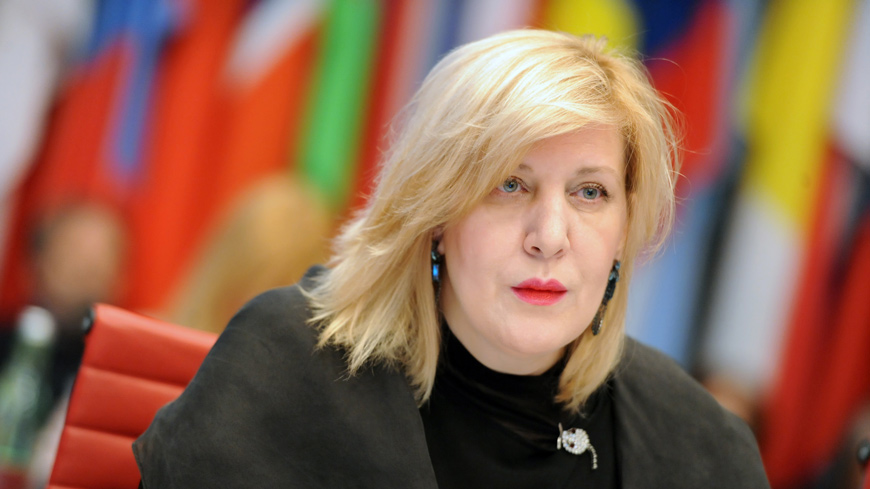«Я призываю всех венгерских парламентариев отклонить предложение о запрете «изображения и пропаганды гендерной идентичности, отличной от пола при рождении, смены пола и гомосексуализма», направленной на детей», - заявила сегодня Дуня Миятович, Комиссар Совета Европы по правам человека. «Я призываю вас сохранять бдительность в отношении таких инициатив, ограничивающих права человека или стигматизирующих некоторых членов общества».
Далее на английском языке.
If adopted, the broadly phrased amendments to the Child Protection Act, the Family Protection Act, the Act on Business Advertising Activity, the Media Act and the Public Education Act would outlaw any depiction or discussion of diverse gender identities and sexual orientations in the public sphere, including in schools and the media. “This is not only an affront against the rights and identities of LGBTI persons but also curtails the freedom of expression and education of all Hungarians” said Commissioner Mijatović. “The proposed legislative amendments run counter to international and European human rights standards. It is misleading and false to claim that they are being introduced to protect children.”
In 2017, the European Court of Human Rights ruled that a legislative ban on “propaganda of non‑traditional sexual relations aimed at minors” was harmful to children and discriminatory, and that it reinforced prejudice against LGBTI people which is incompatible with the values of a democratic society. International human rights bodies have firmly established that children and young people have the right to receive comprehensive sexuality education, deriving from a range of protected rights, including the right to live free from violence and discrimination, the right to the highest attainable standard of mental and physical health, the right to receive and impart information and the right to quality and inclusive education, including human rights education. This is not possible in an environment that effectively bans any public discussion surrounding LGBTI issues.
According to Recommendation 2010(5) of the Committee of Ministers to member states on measures to combat discrimination based on sexual orientation and gender identity, the leaders of Council of Europe member states have the responsibility to educate, to combat prejudices and discrimination and to work for the acceptance of LGBTI people.



